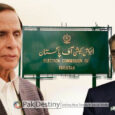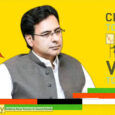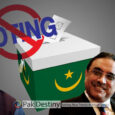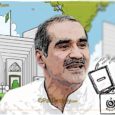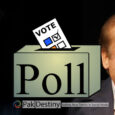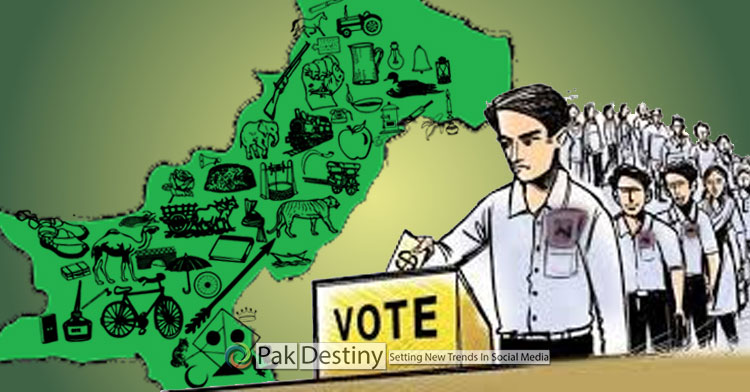
By Irum Saleem
A state of uncertainty prevails over the way polls in Pakistan are being held.
Dawn writes that only a couple of weeks ago centering on the question of whether or not the general elections would take place, the poll process is now firmly moving forward.
“Nominations for both the federal and provincial legislatures wrapped up on Sunday evening, with big guns representing the mainstream political parties throwing their hats into the ring,” the paper says.
Meanwhile, the migratory tribe of ‘electables’ is also present in the contest, offering their services to those believed to have the blessings of the powers that be. Nawaz Sharif, Asif Zardari, Imran Khan, Fazlur Rehman, Bilawal Bhutto-Zardari — all mainstays of the political landscape — have filed their nomination papers, though PTI hopefuls have repeatedly said obstacles are being placed in their way.
“From here onwards, parties are expected to switch to election mode, and this requires them to communicate their programme for Pakistan’s uplift to voters. It should be remembered that elections are not a popularity contest, as people expect solutions to their myriad problems from the parties vying for their votes.
In this regard, it is a matter of concern that most mainstream parties, with the exception of Jamaat-i-Islami, have not yet released their election manifestos.”
The paper further says perhaps the parties themselves were not expecting the polls to take place on Feb 8, hence their lethargy in finalising their policy proposals in the form of manifestos. But, as the Supreme Court has said, no more delays will be tolerated and the polls are to take place on schedule. Therefore, the parties need to release their manifestos soon.
“It is true that unlike in many mature democracies, the politics of clan and ethnicity still dominate Pakistan’s political culture, meaning that a fair percentage of voters will care little about party programmes.
Yet it must also be said that younger and more tech-savvy voters will demand answers from the parties to their problems, and will be swayed less by cults of personality, or how their respective clans/ tribes vote.”
It says the parties have a moral obligation to inform the people of Pakistan — in both dusty villages and the sprawling cities — how they intend to fix the economy, improve healthcare and education, bring down crime, etc. Hollow promises should not be enough; firm policy is required.
Meanwhile, as has been mentioned in these columns, it is essential that the electoral exercise has legitimacy. And this cannot be achieved when one party is being excluded from the democratic process.
The state’s attempts to cancel the PTI must cease, and all parties need to have a level playing field during elections. Let the people of Pakistan decide who is to steer the ship of state for the next five years. Political manoeuvring has never worked, and will only exacerbate our multiple crises.
Let’s see how more surprises unfold in days to come. PAK DESTINY

